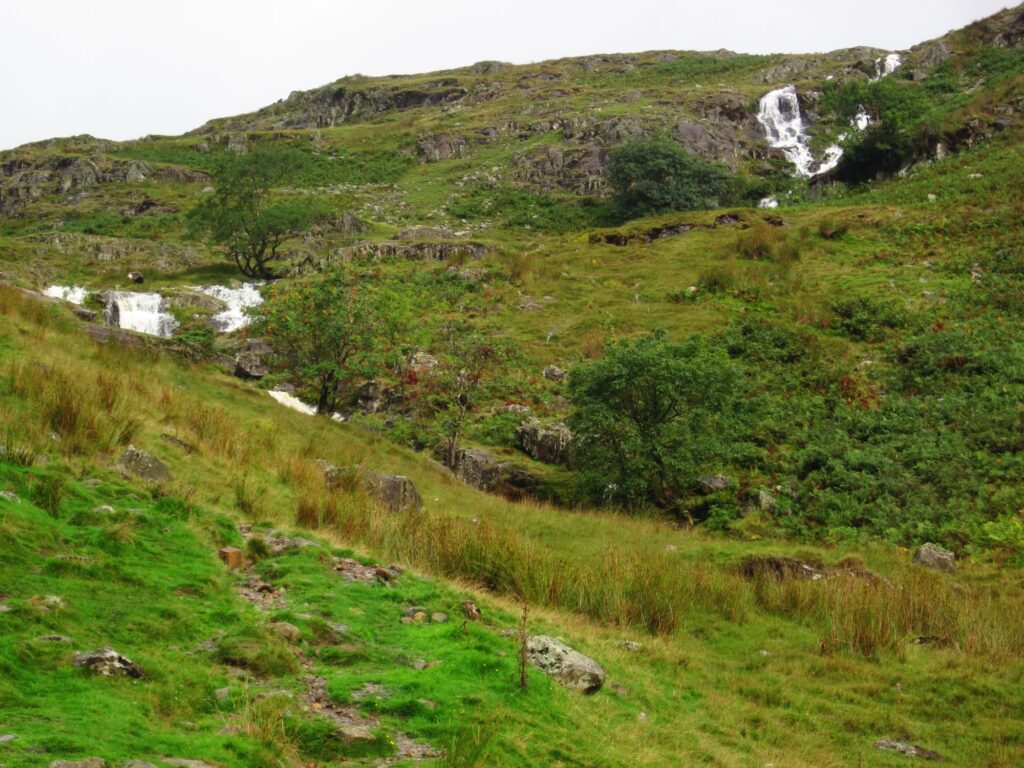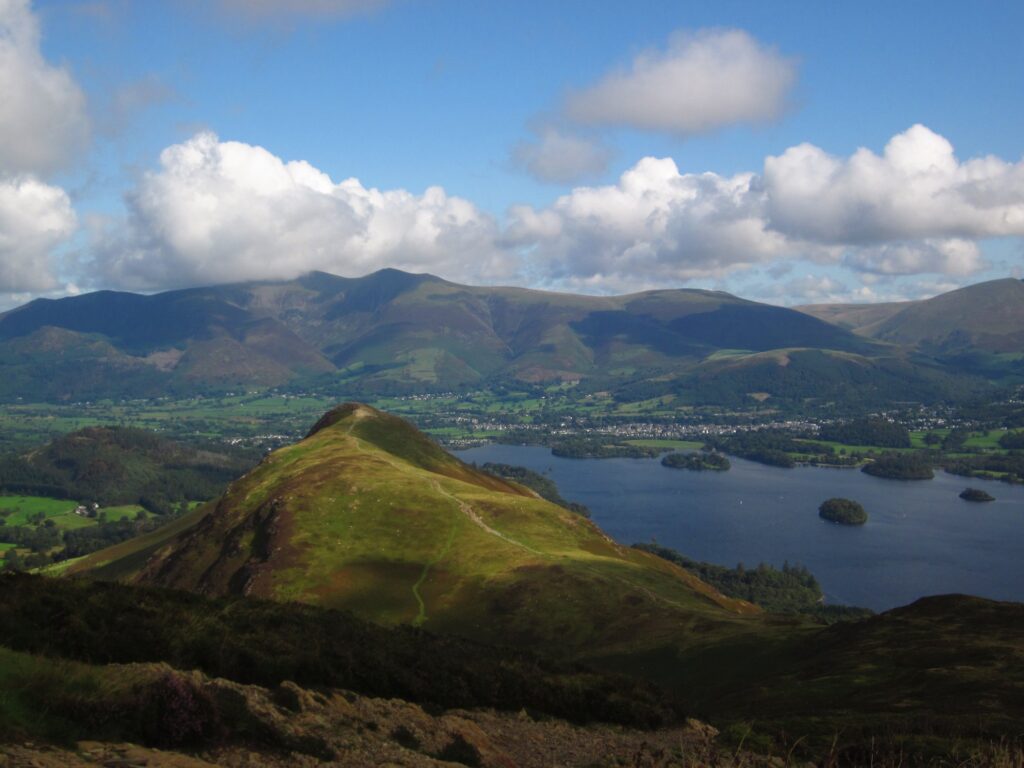Realigning our political landscape to the environmental landscape.

Regular readers of my blog could be forgiven for believing that it’s just a page about walking kit, but in reality its about any issues impinging on the hillgoer, and environment is central to the hillwalkers raison d’etre. Environment is also more controversial than which boots are best, and it should be understood that I’m “putting this out there” to provoke reasoned calm debate, not a ranting competition.
I want to start with rivers. There is evidence that for at least 3500 years rivers have divided us, both physically and socially. Look at almost any parish boundary and it will use a river to mark it during part of its run. Bronze age Reave layouts seem to utilise rivers as additional boundaries, and many countries and counties use rivers as borders. Rivers boundaries have marked the great events of history, such as Julius Ceaser crossing the Rubicon. This is strange, because physically rivers join things. Rivers carry trade from source to mouth and back, they link watershed to the sea. They form one of the important links in the water cycle that keeps us all alive, and most importantly for this argument, what happens upstream impacts on everything downstream.

So looking at the UK as a case study, we have developed our boundaries and borders, over the thousands of years, tweaking here and there on purely political and arbitrary lines, using the rivers as a cheap way to save on boundary stones and little more! This has got us to where we are today, I’m not saying that it’s worked, just that it’s happened. However we are now facing a National and Global environmental emergency in more ways than one. The environment is biting back, and we find ourselves with a system of political boundaries that is less than ideally designed to deal with this.
Today I can sit on one side of a river where the landscape is being managed for environmental benefits by one district council and look across to the other bank, in another local authority and see an industrial estate being built. Today the people of York can have their homes flooded due to the decisions of district councils upstream, over whom they can exercise no electoral control. Rivers join us. They join the miner in the hills with the fisherman in the silted up harbour. They join the gardener who planted Himalayan Balsam with the Waterways worker trying to unchoke the canal. They connect the forester on the moorlands with the townsman drinking water from the tap, and the grouse shooter on the moor with the flood refugee on the plains below. We need a re-alignment of our boundaries.
We need to draw our District Council boundaries along watersheds so that the catchment area (or cluster of catchment areas) become the District Council area. This might result in some very large and/or long districts (think Thames or Severn), but it will mean that what is done within that District will be much more joined up. The people making plans about flood alleviation will be accountable to the people getting flooded. Everything being done within a District towards environmental sustainability can be dovetailed because it is all within the same river system. We cannot go on thinking about environmental work in small parcels of land operating in seclusion and linked to other habitat poorly if at all. Without bigger, catchment wide strategic thinking, conservation, rewilding and schemes to support increased species diversity are doomed to fail and at best become exhibits of what might have been.
I hear you point out that this is a drastic step and would be very difficult to achieve…..well you would be right, but then a reset once every 3500 years can’t be all that bad, and would set a better foundation on which to build our brave green new world. It would also prevent the laughable arbitrary alteration of borders to achieve better electoral results for the ruling party we have seen in recent years, so hey there’s a bonus!
OK so I’ve put this out there and what I hope is that better minds than mine give it consideration, point out the advantages and pit falls I’ve missed and work out whether it’s the way we, or any other country, should proceed in. Over to you!

